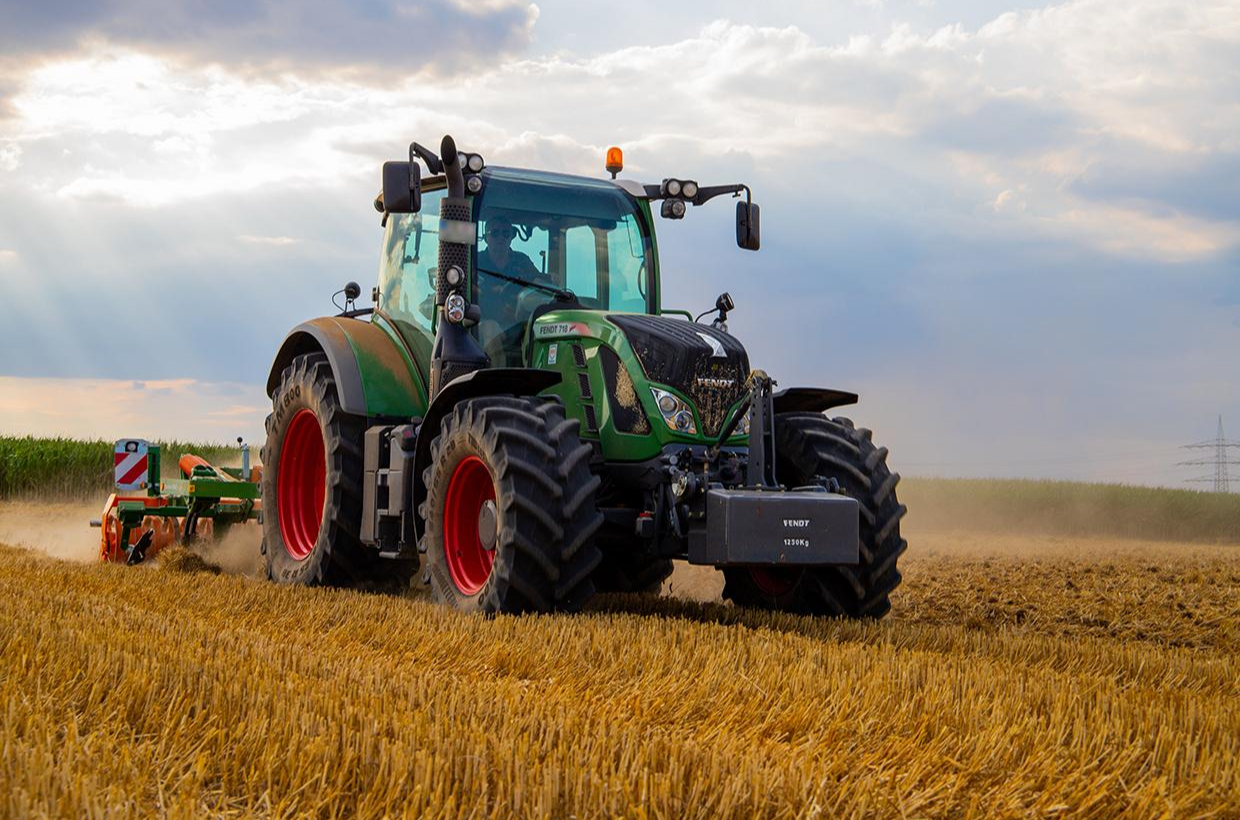
Registered Farriers work closely with horse owners and vets to prepare horses’ feet and fit shoes. Farriers need practical skills to shoe both normal and defective feet and make shoes suitable for all types of work and working conditions. Horseshoes are made either by hand or machine and can be fitted hot or cold, adjusting their shape using a hammer and anvil. Farriers may also work with vets and equine hospitals to provide corrective shoeing and surgical farriery.
Qualified Farriers are registered with the Farriers Registration Council (FRC) -Farriers’ skills are similar to blacksmiths’, but blacksmiths cannot shoe horses unless they are registered as farriers. Most Farriers are self-employed and there is an on-going demand for their skills. Clients include farmers, racehorse owners, private horse owners, riding schools and stables, animal attractions and the military police. There may also be the opportunity to train as a Farrier within the Army.
Also known as: Farrier
You’ll need:
traditional forging skills and be able to apply them to an individual horse
a range of shoemaking skills in different materials including fabricating
good communication and customer care skills
to read x-rays and assess horse health with veterinary surgeons, having knowledge of anatomy, conditions and diseases of the foot and how these can affect the horse’s gait
to have competent business skills to run your own business
Farriery is hard, physical work - it involves bending, lifting and walking. A driving licence is necessary, as is a vehicle suitable for carrying around a mobile workshop of stock and tools.
Around 40 hours per week, depending on the needs of their customers.
Most work takes place during daylight hours; however, they may also provide emergency cover which can be at any time of the day or night. This will usually include weekends.
Handle and restrain horses, keeping to animal welfare standards, to check their legs, feet, and hooves
Discuss and agree the horse’s shoeing requirements with their owner
Cut away excess hoof growth and make sure the horse is balanced correctly
Choose the most appropriate shoe for the horse relating to its size, foot condition, activity, work and working conditions
Fit the shoe and complete any finishing off work
Adjust the shape of the shoe if necessary, using the relevant tools
Make tools and horseshoes, spending additional time with their apprentices in the forge to provide practical training in shoe and tool making
Administration – organising appointments, ordering stock and book-keeping
You’ll travel between different customers' workplaces, such as farms, riding stables, and livery yards, to carry out their work in all weather conditions.
Training is an essential part of any job, giving you the skills and knowledge you need to do your job safely and correctly. It also helps to strengthen your current skill set and prepares you for the next stage in your career.
Apprenticeships help you build the experience and skills that employers want to see. No matter what stage you’re at, they’ll help set you up for a bright future. There are lots of ways to get involved.
Success depends on getting enough clients and building a reputation based on customer satisfaction and recommendations.
Permanent employment may be available in larger riding schools, stables, and horse breeders. You might progress to Master Farrier, completing of higher examinations available through the Worshipful Company of Farriers. Another option is to become an Approved Training Farrier (ATF) and employ and train Apprentice Farriers.
Registered Farrier will usually work in one of the following industries. Click below to find out more about possible career paths.
Turn your love of horses into a fulfilling career – explore the equine industry’s exciting career prospects.
Covering everything from working in competition and race yards, riding schools and professional horse training, there are lots and lots of different career opportunities in the equine industry. If you love horses and are happy to work hard in all weathers, this could be the perfect environment for you.
Whether you chose to work in coaching, racing or trekking, you could work as a groom, instructor, yard manager or trainer. There are also lots of varied support roles available too – such as becoming a farrier, a vet and or even a specialist equine dentist.
The Equine industry supports approximately 900,000 horses and 2 million riders in the UK
The economic value of the equestrian sector to the UK is £4.7 billion
The number of horses in training to race per year has remained between 22,000 and 23,500 for 5 years in a row
The Irish equine breeding and racing industry generates over €1.8bn in economic activity and supports almost 29,000 jobs
These courses are perfect if you are starting out on your career but they are also great for people already in jobs who want to improve their skills.
To find out more about qualification levels in England please visit Regulated Qualifications Framework (RQF) for England and Northern Ireland or Framework for Higher Education Qualifications for England, Wales and Northern Ireland (FHEQ) .
To find out more about qualification levels in Northern Ireland please visit Regulated Qualifications Framework (RQF) for England and Northern Ireland or Framework for Higher Education Qualifications for England, Wales and Northern Ireland (FHEQ).
To find out more about qualification levels in the Republic of Ireland, please visit National Framework of Qualifications for Ireland (NFQIE)
To find out more about qualification levels in Scotland please visit Scottish Credit and Qualifications Framework (SCQF).
To find out more about qualification levels in Wales please visit Credit and Qualifications Framework for Wales (CQFW) or Framework for Higher Education Qualifications for England, Wales and Northern Ireland (FHEQ).
| Title | Level |
|---|
These courses are perfect if you are starting out on your career but they are also great for people already in jobs who want to improve their skills.
Whether you’re just starting out in the workplace, want to upskill or are considering changing direction, Apprenticeships are a fantastic way to build your career. Apprenticeships combine work with on-the-job training, so if you want to earn as you learn, there’s an apprenticeship out there for you – you can even start an apprenticeship if you already have a degree.
Work, earn and learn – no matter where you are in your career, an apprenticeship can set you up for a bright future.
Let’s get started!
Want to take on an apprentice? Employers start here.
An apprenticeship is a unique blend of work experience and study to help build the skills and knowledge you need for your career. Apprentices are employees – they have a contract, are paid and get the same benefits as everyone else. But the difference between an apprenticeship and a normal job is that apprentices are regularly released from work for training. Sometimes that’s a day a week, sometimes it’s for a longer block – it all depends on the job and the apprenticeship.
Apprentices work for all kinds of people at all kinds of stages in their lives. Most apprentices fall into one of three categories:
Previously restricted to school leavers and young people, apprenticeships are now a dynamic way of retraining people of all ages - there’s no upper age limit. The minimum age to become an apprentice is 16 and candidates can’t be in full-time education.
Apprenticeships offer a unique combination of paid work and study. They’re an exciting option for anyone who wants to gain experience, upskill or change career while working.
They offer a chance to work, learn and earn:


Interested in becoming an apprentice? Search for current opportunities and apply here.
Find your apprenticeship
You can also check vacancies on employer websites or get in touch with your local careers service.
What’s it like to work, earn and learn? Find out what apprentice life is really like.
Explore apprenticeship stories
The British Farriers & Blacksmiths Association
Find out more
The Farriers Registration Council
Find out more
Farriery Ireland
Find out more
Worshipful Company of Farriers
Find out more
British Horse Society
Find out more
British Equestrian
Find out more
Thinking about your finances is important when you're looking at courses and training - different types of funding support is available depending on what type of course you're interested in and where you are located. We recommend you contact the training provider for more information on course costs and financing, but here are some links to connect you to support available:
Skills Hub Scotland is an online skill sharing marketplace creating new opportunities to learn and share skills. Wherever you are located - if you have a skill to share, or a skill to learn, Skills Hub Scotland can help.
Initially founded as a response to the Scottish Government’s CivTech 5 programme in 2020 and aiming to offer a platform for those in rural or remote locations, Skills Hub Scotland has been developed into an important sectoral resource. If you have a skill to share with others or are a training provider, list your workshop or course (all skills from all sectors are welcome). If you are a learner, use Skills Hub Scotland to search for and book a course!
STEM is an approach to learning and development that incorporates the areas of science, technology, engineering and mathematics. Learning in STEM connects to Education for Sustainable Development/Learning for Sustainability and the Sustainable Development Goals – this helps learners to understand that STEM plays a vital role in finding solutions to real world issues or challenges such as protecting biodiversity and tackling climate change. There are multiple pathways into a land-based STEM career including apprenticeships, further and higher education. This means that a career in STEM is open to everyone!
STEM Learning is the largest provider of STEM education and careers support in the UK. Their STEM Ambassadors programme sees volunteers representing a vast range of STEM-related jobs work with young people to bring STEM subjects alive through real life experiences. They help to open the doors to a world of opportunities and possibilities which come from pursuing STEM subjects and careers. To become a STEM Ambassador, you can register via the STEM Learning website: https://www.stem.org.uk/stem-ambassadors/join-stem-ambassador-programme
Lantra have worked in collaboration with STEM Ambassadors in Scotland to create two specific UK-wide Ambassadors schemes - Forestry and Aquaculture. Through these schemes, we want to make sure that those working in forestry and aquaculture have the support materials they need to take part in STEM activities. To find out more and register for the schemes, please follow the links below:
Smart Futures helps young people in Ireland discover the STEM subjects and careers that might be right for them. Co-ordinated and managed by Science Foundation Ireland, their programme allows young people to connect with people that are working in STEM, the organisations they’re working in and what their interests and skills are.
Why not take a look at the Industries Explorer as an introduction to the different areas you could work in.
If we can support you with any specific information, please click the button below to get in touch.